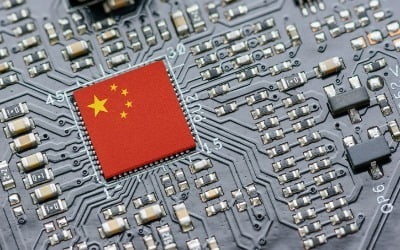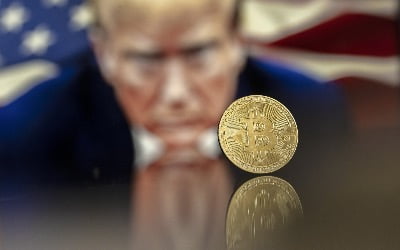The dividend yield for KOSPI is 1.84 %, for the US market it stands at 2.01 %.
This does not look too exciting. In fact, many investors disregard dividends and consider stock price appreciation as the major component of stock returns.
However, the importance of dividends should not be underestimated.
Over the last 50 years, about two thirds of the total return of US stocks was generated by dividends and their reinvestment.
Until the 1950s, dividend yields even regularly exceeded government bond yields.
Finance textbooks took it for granted that investors have a desire for current income and therefore companies paid out a significant part of their earnings as cash dividends.
Then, in the 1960s modern financial theory developed around the elegant and powerful idea of arbitrage.
Franco Modigliani, the later Nobel Prize winner, and Merton Miller proved that dividend policy is irrelevant for stock valuation.
Their argument was very simple: If a company does not pay dividends, but investors prefer dividends, investors can sell part of their stock holdings and generate a cash flow stream according to their preference.
By doing so, they are actually creating home-made dividends.
On the other hand, if a company pays a dividend but an investor does not need it, the investor can reinvest the dividend and buy additional stocks.
As a result, the actual dividend policy of a company is irrelevant for its share price.
The share price is determined by a company's earnings power and its capability to pay dividends, not by the actual decision to pay dividends or not.
Of course, this only holds under conditions of a perfect market: i.e. no taxes, no transaction costs and perfect information.
In the real world, many countries' tax regimes actually disadvantage dividend payments compared to capital gains, which are either tax free or taxed at lower rates.
If this is the case, it would be tax efficient for companies not to pay dividends at all.
The US tax system worked like that and only recently the tax disadvantage of dividends was reduced.
Still, even before that US companies always paid dividends.
How can that be?
One explanation is that in a world of imperfect information, managers can signal information about the true status of a company through dividends.
A rise in dividends signals improved prospects of the company.
This is a credible signal because, if manager just wanted to deceive investors through unsustainable high dividends, eventually the company would go bankrupt and the managers would lose their job.
This sounds a bit theoretical, but still plausible. But, there is a much more powerful reason for the importance of dividends.
There is an old saying that a sparrow in the hand is better than a pigeon on the roof.
One dollar in the company's coffer has a lower value than a dollar in the shareholder's hand.
Why? As long as the money stays in the company, the management can decide how to use it and might waste it for unsuccessful acquisitions or to make up losses of subsidiaries.
Companies always argue that it is in shareholders' best interest not to pay high dividends, as they can increase the value for shareholders by reinvesting profits in highly attractive investment.
Unfortunately, history has proven that companies tend to overestimate their investment chances and actually often waste shareholders' money through unprofitable over-investment.
In addition, dividend payments do not mean that companies have to give up investment chances.
They can pay dividends and then ask shareholders to give the money back via capital increases.
By doing so, shareholders have the chance to decide on their own, whether they agree with the management's investment policy or not.
All these are reasons why higher dividend payouts are a central item on the wish list for good corporate governance.
Companies might not like that, but they would better listen as otherwise the stock market will value their stocks at a discount.
The average payout ratio over the last years in Korea was 20%, whereas US companies pay out more than half of their profits. One prerequisite for removing the Korea discount would be to close this gap.
- 글자크기
-
- 1단계
- 2단계
- 3단계
- 4단계
- 5단계
- 글자행간
-
- 1단계
- 2단계
- 3단계
공유하기
로그인이 필요한 서비스 입니다.
로그인 하시겠습니까?
스크랩한 기사를 삭제 하시겠습니까?


![[한경에세이] '녹색갈증'과 농촌의 희망](https://img.hankyung.com/photo/202501/07.39108475.3.jpg)
![[기고] 방치할 수 없는 '그냥 쉰' 청년 45만명](https://img.hankyung.com/photo/202501/07.38683417.3.jpg)




